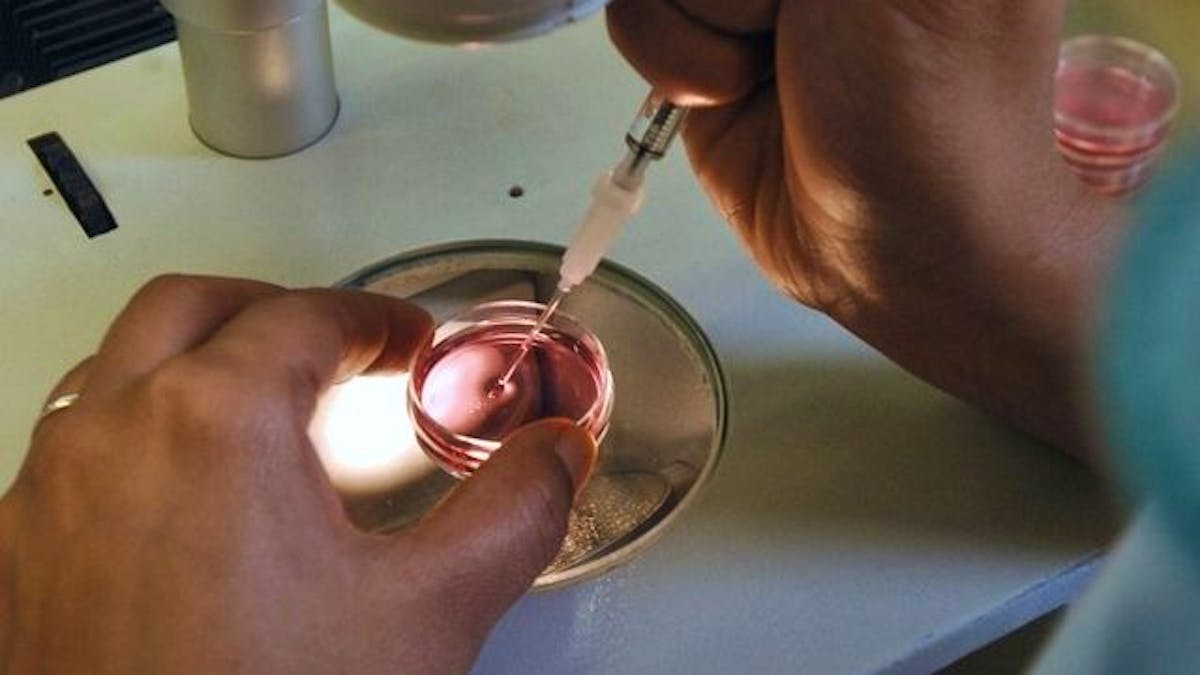In Switzerland, since 2001, the law has fixed the conditions so that couples can use medically assisted procreation methods. Among these are currently insemination, which consists in introducing sperm in the woman’s uterus, and in vitro fertilization, where the eggs are fertilized outside the woman’s body and then transferred to her uterus. Sperm donation is authorized for these two methods.
In 2021, the Parliament sent a motion to the Federal Council to legalize the donation of eggs for married couples. Thus, couples whose woman is sterile and who cannot have children will be able to use a gift, by analogy to the gift of sperm in the event of male infertility.
The Federal Council wishes to introduce this novelty within the framework of the provided for the Medically Assisted Procreation Act; He set the main lines of his project. His priority concerns the protection of donors and the good of the child. This protection cannot be guaranteed if parents use egg donation abroad.
Disute limitations
Current legislation only allows married couples to access sperm donation. Since the introduction of marriage for all on July 1, 2022, couples of married women can also use it. The revision aims to also authorize unmarried couples to access the donation of eggs and semen. The Federal Council considers that the current limitation on married couples is obsolete and no longer corresponds to social reality. The last revision of the law dates back to 2017, the year when the pre -implantation diagnosis was authorized.
The revision draft not only aims to authorize the donation of eggs and allow unmarried couples to use eggs and sperm donation, but also to implement other changes, such as the deletion or relaxation of the rule according to which as much as possible twelve embryos can be developed by treatment cycle in the event of fertilization in vitro. In addition, it is a question of examining whether sperm, eggs and frozen embryos can be kept for more than ten years.
The Federal Council instructed the Federal Department of the Interior to prepare a project for consultation by the end of 2026.

